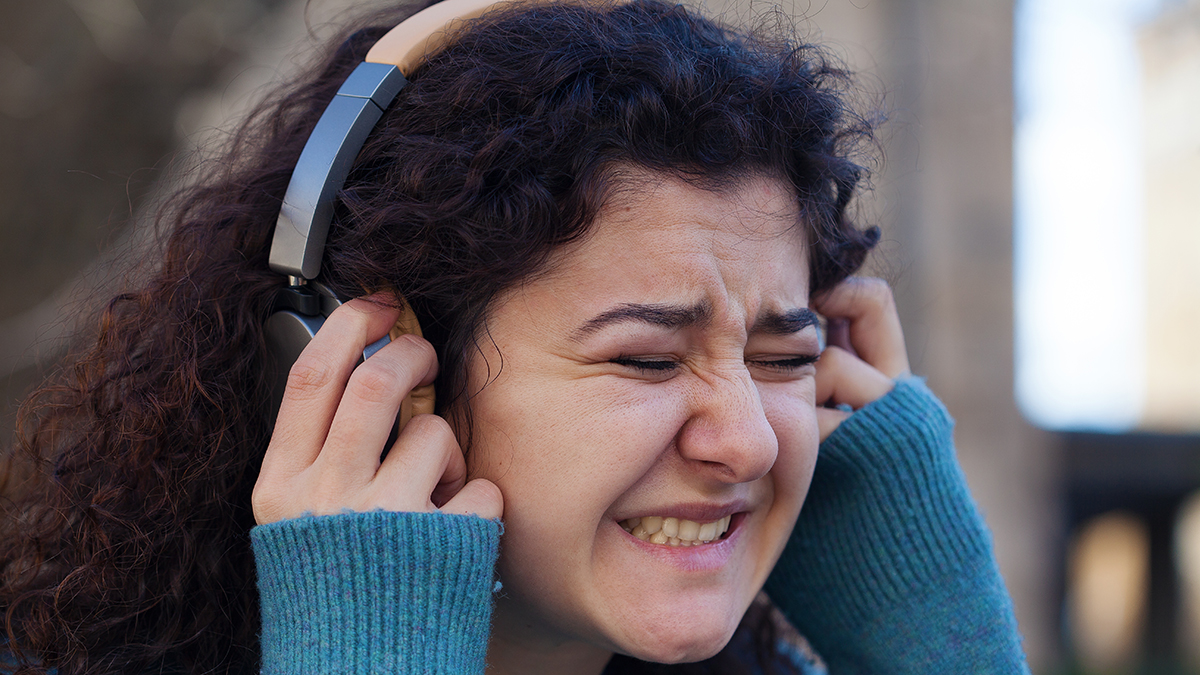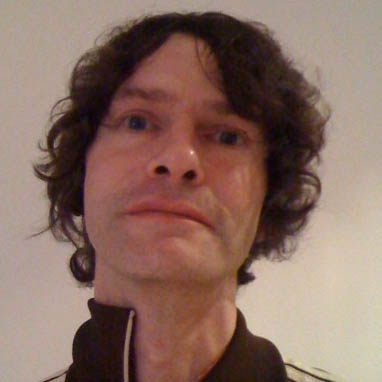"There is a real lack of education out there about protecting your hearing and how it’s so easy to damage your ears": Over half of music lovers have experienced tinnitus or temporary hearing loss
RNID survey shows “concerning” lack of knowledge about the dangers of high volume

Want all the hottest music and gear news, reviews, deals, features and more, direct to your inbox? Sign up here.
You are now subscribed
Your newsletter sign-up was successful
Musicians and music lovers everywhere: we need to get serious. About the most precious sense we have - our hearing.
That’s the message from a new survey conducted on behalf of the RNID (Royal National Institute for Deaf People). The poll of 2,000 people has shown that over half of people (58%) who have attended or plan to attend a music event in 2024 have experienced tinnitus or temporary hearing loss after listening to music. At 33%, a third said that they have experienced this more than once.
The survey also showed that most people vastly overestimate how long they can listen to music at loud volumes before it effects their hearing. Some 78% were unaware that a gig or club at over 100 decibels can cause permanent damage after just 15 minutes. Many erroneously think they can listen at that volume for up to four hours without any harm.
How can you protect your ears? Well, using earplugs at live events for starters. But even here the news is not good – only 32% of people use or plan to use hearing protection at an event this year. Shockingly, for the 45-54 age group, that figure goes down to just 22%.
The RNID’s Audiology Manager, Franki Oliver said: “It’s really concerning that so many music lovers are unaware of the life-changing damage that loud music can have on your hearing. Whether you are at a live event, or listening to music through headphones, we all need to take steps to protect our hearing to ensure we can continue enjoying music in future.”
Many musicians’ careers have been blighted by hearing loss. In fact, the RNID has teamed up with one to get their message over.
You may remember Tre Lowe from this year’s series of The Apprentice. As a DJ and producer Tre scored UK garage hits as one half of Architechs. He’s also suffered from tinnitus from the age of 15.
Want all the hottest music and gear news, reviews, deals, features and more, direct to your inbox? Sign up here.
“I’d have my headphones at maximum volume, my speakers, maximum volume,” Tre remembers. “If I was in nightclub I’d be standing by the speakers, I was just a crazy noise addict.”
“All that time I was making it worse and worse and worse, and I didn’t know. There is a real lack of education out there about protecting your hearing and how it’s so easy to damage your ears. I wish I’d known that and that’s why I’m so passionate about getting the message out there.”
Other than earplugs, standing away from speakers is recommended and taking breaks – being somewhere quieter for even just five minutes each hour will help your ears recover.
If you’re a headphone addict, reduce the volume by 50% and avoid turning the sound up above background noise. Follow the safety prompts on your phone. They’re there for a reason so if you receive an alert take the hint. And, as with live events, having a break every so often is recommended.
Because whilst high volume can provide a momentary thrill, tinnitus sticks around for much much longer.



Will Simpson is a freelance music expert whose work has appeared in Classic Rock, Classic Pop, Guitarist and Total Guitar magazine. He is the author of 'Freedom Through Football: Inside Britain's Most Intrepid Sports Club' and his second book 'An American Cricket Odyssey' is due out in 2025.